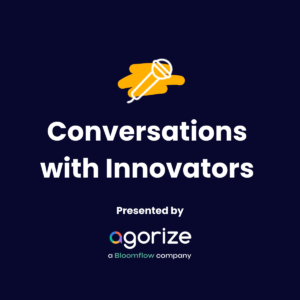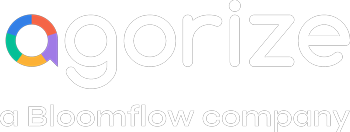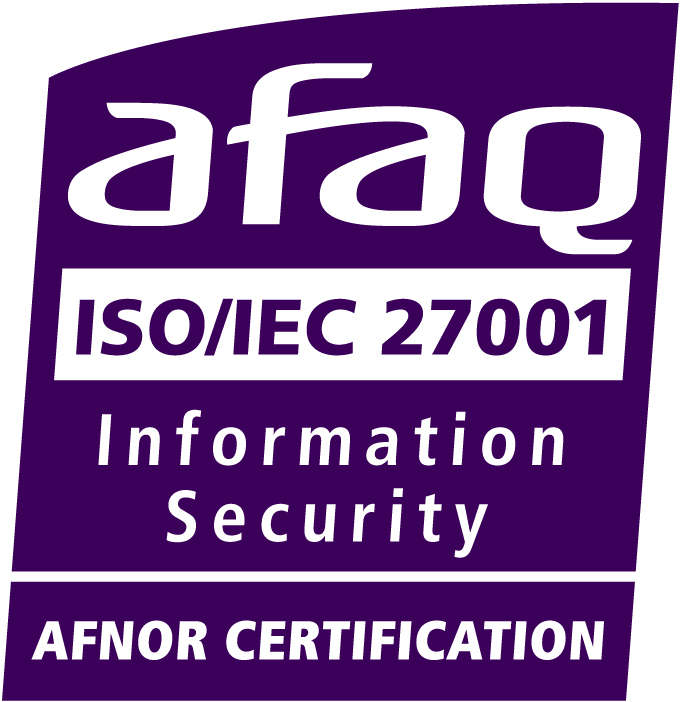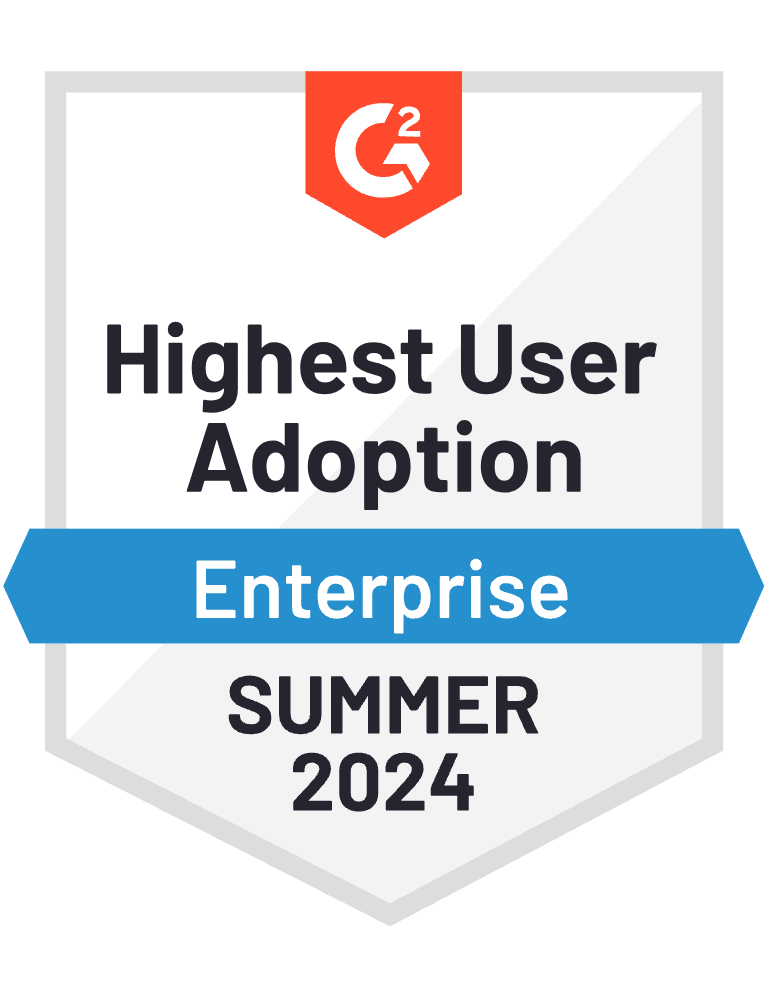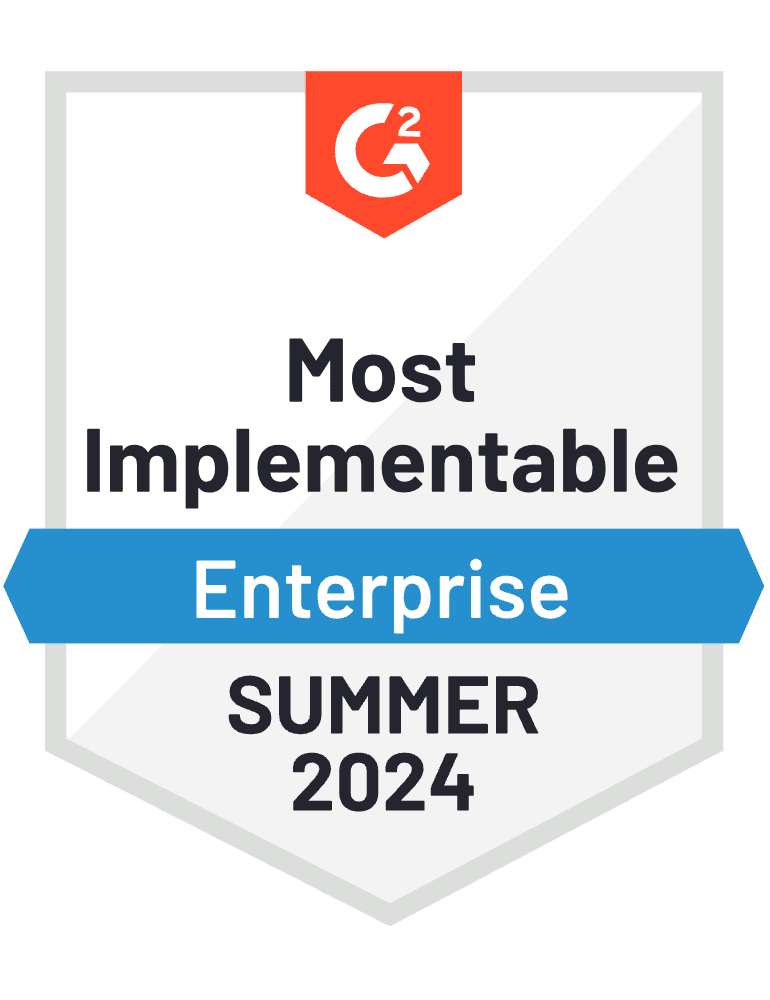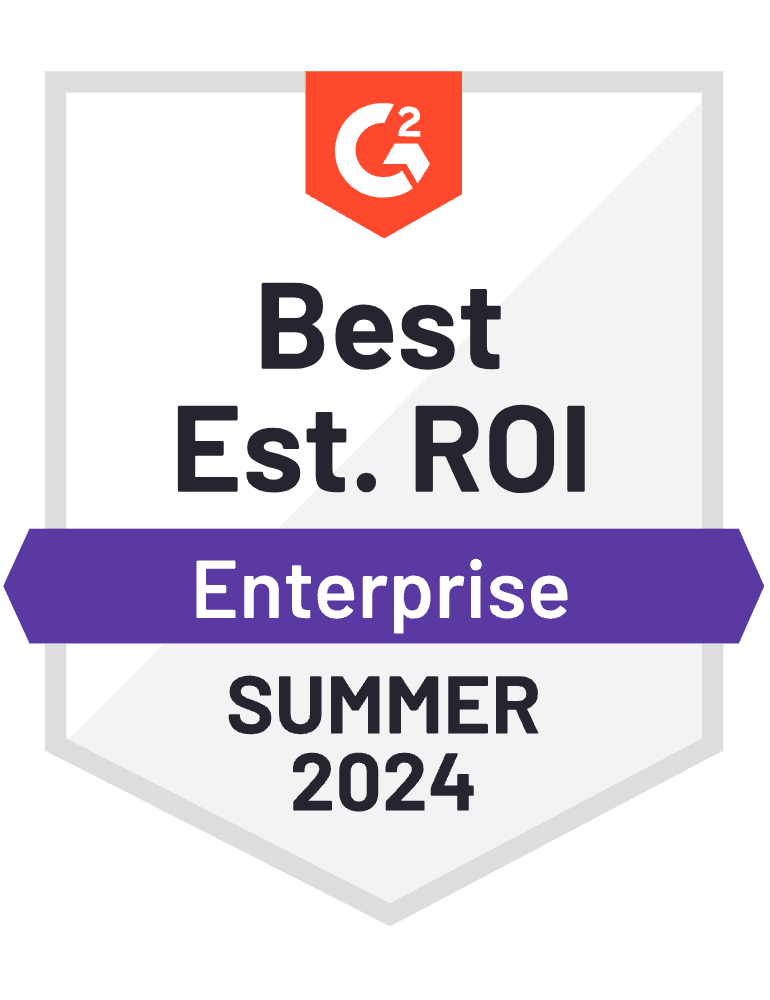Generation Z, centennials, digital natives, post-millennials. So many names to add to an HR hierarchy that’s already complicated enough. Generation Z represents 16 million people in France – all of the young people born in the mid-90s, who are now entering the world of work, ready to make the shift to working life. Members of Generation Z are also increasingly attracted to start-ups and entrepreneurship rather than the biggest groups. In this context of ‘big is not so beautiful after all, here are our seven tips to attract and recruit people from Generation Z.
Provide a genuine development and training policy
Generation Z is thirsty for knowledge. Just like Generation X, I hear you say. True enough, but thanks to new technology, Gen Zs can access it much more easily than Gen Xs could in their time. In a few clicks, they can collect enough information to make a traveling encyclopedia salesman shudder.
And that’s why they are turning their backs on university, no longer believing in the value of a degree – especially among Generation Z members who have had a taste of business. BNP Paribas and The Boson Project carried out a joint survey of 3,200 young people aged between 15 and 20. Only 7.5% answered that formal education will be used to pass on knowledge over the next 10 years.
Offer comprehensive and varied training
Hence the importance of providing a solid training package. It’s a crucial string to your bow when recruiting. Gen Zs want to learn new skills in a range of fields – for both professional and personal reasons. They expect the company to become a source of knowledge.
And this knowledge is important for a simple reason. Members of Generation Z won’t have just one career, but ten. And they wouldn’t change that for anything in the world. So when recruiting, it’s essential to focus on the projects they’ll get to work on rather than the position itself.
Promote projects, not a position
Gen Zs don’t want to work for a company – they want to work on projects. Careers aren’t seen as a linear evolution towards a specific position, but as a series of one-off, varied missions. Internal mobility is therefore a key challenge for HR. During the recruitment process, it’s best to highlight the diversity of the tasks and projects involved, as well as indicating the fields in which candidates can acquire skills.
A young person starting work today won’t spend ten, twenty, or thirty years in the same company. But you can build loyalty among Gen Zs by offering them varied and enriching experiences. Gen Zs aren’t looking for a career; they’re looking for fulfillment – so there’s no point trying to lure them in with quick promotions or a salary increase after three years. They just won’t take the bait. Gen Zs measure success using personal fulfilment, not their salary or their job title.
The number of freelancers will soon overtake the number of employees
All you have to do is take a look at the huge increase in the number of freelancers. A vision for the economy of 2040, a study by the Roosevelt Institute and the Kauffman Foundation, shows that in the United States, freelancers now account for 34% of the labor force. And the trend isn’t showing any signs of reversing.
To allow this flexibility and internal mobility to take place, companies will need to break down silos and reinforce collaboration within the workplace.
Reinforce collaboration within the workplace
With silos a thing of the past, it’s time to work together. No more inter-department squabbling. To allow your colleagues to change divisions and roles regularly, you need to strengthen collaboration. If you don’t, things won’t click. Increased collaboration will boost innovation within your teams. After all, it’s no secret that diversity is a key factor in creativity. Collaboration and mobility combine to form a virtuous circle.
As well as internal mobility, Gen Zs also love geographical mobility. What was once merely tolerated is now sought after. The chance to discover new cities, new countries, and new cultures will be a key asset when attracting and recruiting members of Generation Z.
Enable geographical mobility is essential to attracting Generation Z
According to the study by BNP Paribas and the Boson Project, 68.5% of Generation Z could see themselves working abroad. It’s not that they no longer think they have a future at home. But the economy has never been so globalized. So it seems natural that young working people are excited by the idea of discovering what lies overseas.
Companies that can offer flexibility and opportunities such as these will have a winning hand. And once again, this melding of cultures will encourage creativity and innovation.
Changing the environment is one of the new ways of finding fulfillment at work. But as we’ve already explained, Gen Zs’ main goal is to flourish rather than to succeed in the traditional sense of the word. Instead, offering them an enjoyable, flexible working environment will be essential.
Ensure a good working environment
When choosing between identical jobs, 25% of members of Generation Z would choose a ‘fun’ company, 22% would choose an innovative company, and only 10% would choose a thriving company. It goes to show just how much young working people’s priorities have changed in recent decades. It’s not just the salary or prospects of promotion that interest Gen Zs, but also well-being at work.
Create a flexible working space
And the key to this is the working space. Spending the whole day sitting at the same desk is totally out of the question. Gen Zs want to be able to move, to work wherever they feel happiest. We see it every day here at Agorize. Our team members might be at their desks, on the sofa in the entrance area, or in the creativity room. After all, if the change of scenery helps them to focus or be more creative, why not? That’s another thing about Generation Z – the need for personalization. And studies on the dangers of inactivity at work show that they’re right (a sedentary lifestyle could be worse for your health than smoking!).
This need for personalization can also be seen in how they approach success. Generation Z doesn’t measure its success through the eyes of others, but through its own personal fulfillment.
Review success criteria
There has been a fundamental change in how success is viewed. For 72% of Gen Zs, the most important thing is being proud of yourself. Other people’s opinions don’t really matter.
This means that the relationships they have with their managers are different. Generation Z wants to be challenged, but also to see what their managers are made of. Seniority and experience are no longer a marker of how effective a worker is, and no longer earn automatic recognition.
So you need to be up to the challenge – 47% of people in Generation Z would like to set up their own company. If they think you have nothing to offer them, they might just quit.
Modernize the recruitment process
Finally, take the essential step of reviewing your recruitment tools. If you think that Gen Zs will be willing to spend hours writing CVs and cover letters, you’re barking up the wrong tree. Especially given the fact that start-ups are happy just to look at their LinkedIn profile and Twitter account.
Gen Zs no longer see degrees as the Holy Grail, the key that will open the door to employment. They want to be judged on what they can do – and ultimately, it doesn’t matter where they learned how to do it.
Read more: Five innovative recruitment initiatives
Promote the use of mobile recruitment tools
In concrete terms, our advice is that you should focus on dedicated mobile recruitment apps. Or you should at least have a careers site that’s optimized for smartphones. We discussed this topic in one of our previous articles on mobile recruitment strategies. You might be surprised to learn that it’s also the most effective way to recruit the best talent from Generation Y.
If companies don’t change, they have no chance against new emerging models
So, these tips have helped you, but you still don’t know why Gen Zs are so hard to reach? The answer is simple. They know that businesses cannot give them the job security and financial security that their parents had. So you’ll need to offer them other benefits: training, internal mobility, collaboration, geographical mobility, varied projects, and a flexible working area.
This is especially true with the emergence of new, more promising models – start-ups, for example. Generation Z knows that 92% of employees working for start-ups are hired on permanent contracts. Only 4% of staff are on fixed-term or temporary contracts, and 2% are on internships.
But companies will still need to watch out for intergenerational conflicts. Managers will certainly have their hands full!
Hire beyond resume
Modernize your recruitment process with Agorize HIRE.
What is Agorize?
Agorize is the most comprehensive innovation management platform, supported by a team of experts and community of innovators. For over a decade, we’ve been providing technology powered by a community of 5 million innovators to foster change and accelerate innovation. Our clients and partners worldwide crowdsource, evaluate and develop solutions from startups, employees, developers and students using Agorize.
We’ve helped over 300 global enterprise companies in Europe, North America, and Asia Pacific, including Enterprise Singapore, Huawei, Microsoft, LVMH, PepsiCo, Bayer, Schneider Electric, Hitachi, L’Oréal and many more by running their innovation programs.
What is an innovation challenge?
An innovation challenge, or innovation competition, is a competition organized by a company to bring forward innovative solutions. The organizer defines clear objectives and problem statements, after which innovators are invited to submit their ideas and solutions.
Proposals can come from startups, employees, students or other talent that is relevant to the topic at hand. Through a process of crowdsourcing and assessing ideas, mentoring participants and developing solutions, the organization will identify the winning proposals that will be implemented. More than 300 enterprise companies have organized innovation challenges with Agorize.
Their results speak for themselves. They’ve reduced go-to-market time with internal teams, fast-tracked the development of niche solutions with the products and services of startups, created long-term strategic partnerships and brainstormed future-proof ideas with students from top universities. Overall, it accelerated their own transformation and made themselves more future-proof.




